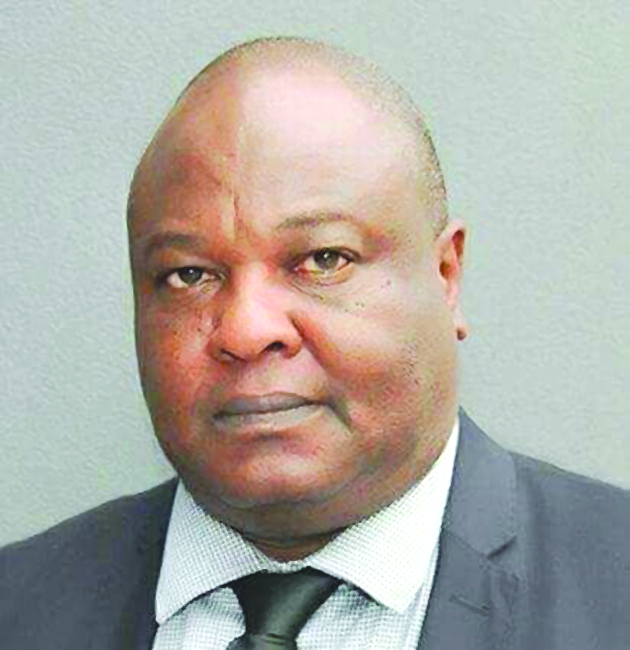Nigeria needs clearly stated investment policies to insulate its economy from shocks that emanate from cyclical swings in commodity prices in the international market.
These policies, should be geared towards opening the country’s economy to attract long term foreign capital investments and accumulate large foreign reserves that will serve as buffer whenever there is a slump in the commodity prices. Otherwise, Nigeria will suffer another round of recession in the nearest future.

These assertions were made by Dr Ayo Teriba, Chief Executive Officer, Economic Association Limited said this at a recent breakfast session organised by the Financial Service Group of the Lagos Chamber of Commerce and Industry (LCCI). The theme of the session was “Economic Recovery and Growth Plan – Roadmap to a Sustainable Economy.”
Teriba opined that Nigeria should avoid relying on export of primary products, especially oil, as major earner of foreign exchange. “Downswing in oil price got us to our knees and an upswing is taking us out of recession. Our fate revolved around the price of oil. It should not be so for an economy that is as large as this. So, the only gain of the events of the past 18 months is the lesson that Nigeria must look beyond trade to earn foreign exchange,” Teriba said.
According to him, Nigeria should evolve an institutionalised investment policy arm to attract foreign exchange that would fix the country’s infrastructure and make the manufacturing and agricultural sectors more competitive and productive. “We need to have an investment policy just the way we have monetary and fiscal policies. We need foreign investment to rebuild our infrastructure and keep the economy growing to repay debts,” he said. Teriba urged the government to increase its share of Eurobond and Diaspora bond since infrastructure could not be fixed with government’s promises of spending money that it did not have. “We have assets that can be privatised like power transmission network, rail, pipe lines and our health institutions.” Despite its crisis, Nigeria has many opportunities that need to be tapped because “there are sectors that are yet to be opened that can attract more investments than the telecoms,” he said.
He advised the government to take a cue from India and Saudi Arabia. In 1991, the ratio of foreign investment in Nigeria and India were $9 billion and $6 billion respectively. Today, India has $300 billion in foreign direct investment because it opened up to the world and its economy has overtaken Britain’s economy. Similarly, Saudi Arabia with a reserve of $500 billion is soliciting for foreign investment more aggressively than Nigeria.
He posited that Nigeria should be more aggressive in issuing Eurobonds and Diaspora bonds to attract foreign exchange that would enable the Central Bank stabilise the Naira and implement monetary policies more effectively. Teriba noted that the piecemeal issuance of Euro and Diaspora Bonds of $1.5 billion and $300 million respectively were far below the economic need of a country that was suffering low public revenue. “That the Eurobond issue was oversubscribed shows that our government would have gotten $5 billion if it had looked for it. Given what is happening to the country’s revenue, government needs to issue more Eurobonds and Diaspora bond. Nigeria should be more ambitious in those segments. $1 billion Eurobond or $300 million Diaspora fund is a joke. The state governments and banks should be encouraged to follow suit. That will be good for our economy,” he said.
According to Teriba, the strongest economies on earth thrive on public debt. “If we need to borrow to stabilise the foreign exchange market, why not? It is the end that justifies the means. We need foreign investment to rebuild our infrastructure and keep the economy growing to repay debts. I am for government increasing its share of Eurobond and Diaspora bond. There is no alternative. But let us do it proactively,” he said
However, Muda Yusuf, Director-General of LCCI, advised that Nigeria should be cautious in its pursuit of foreign debt. “Is any person worrying about the debt crisis it may cause? So, I do not know how appropriate it is for us to be encouraging the issuance of bonds,” he said. He urged the government to bring the domestic investors into the mainstream of the economy because “there are great values in protecting indigenous participation in the economy to avoid creating a situation where we will become spectators in our own economy.”
By Dike Onwuamaeze


